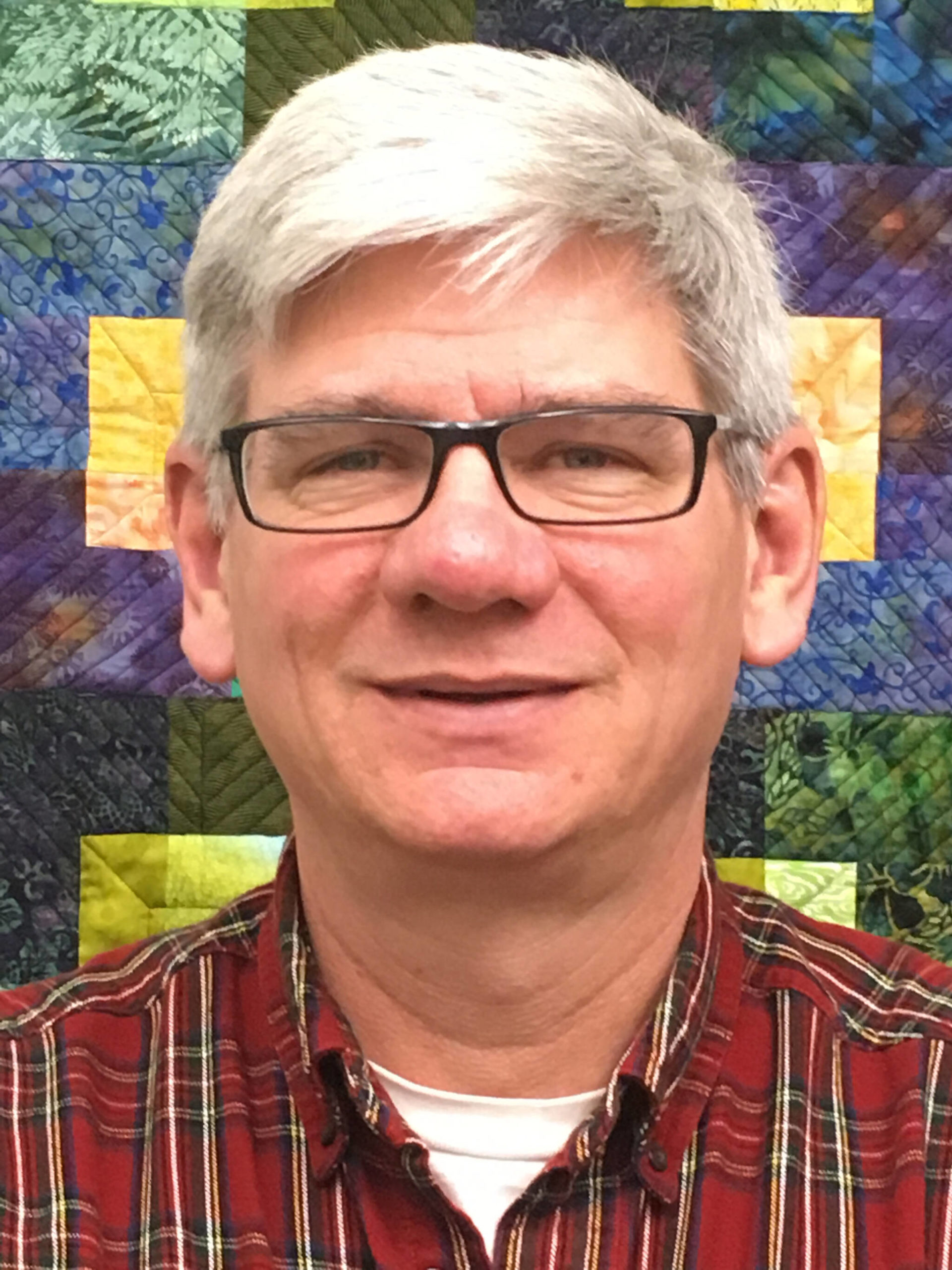By Dr. Tom Hennessy
For the Homer News
Recently, Alaskans have heard advice about alternative COVID-19 treatments from unusual sources: politicians, athletes, social media, and a few doctors without expertise in infectious diseases. They say they want to save lives, but the treatments they endorse are not used by doctors who are treating COVID-19 patients in our hospitals and intensive care units. What should Alaskans do with such advice? As a medical doctor, I’m saddened by the toll COVID-19 has taken on our state. My 30-year career has focused on preventing and controlling infectious diseases in Alaska. Here’s what I think about this advice and what we should do.
We’ve all heard the phrase, “An ounce of prevention is worth a pound of cure.” This is true for COVID-19. It’s a tragic fact that Alaskans are dying needlessly from COVID-19 while we have free, widely available vaccines that are proven to be safe and very effective. Of the 205 Alaskans who died from COVID-19 during July through September, 73% were not vaccinated for COVID-19. Their deaths could have been prevented by vaccination.
Among medical doctors, there is strong consensus about vaccination. In May, a survey of U.S. doctors by the American Medical Association found 96% were vaccinated. All the major professional organizations of U.S. doctors recommend COVID-19 vaccination. This includes the 67,000 members of the American Academy of Pediatrics, the 134,000 family physicians of AAFP, the 60,000 obstetricians of ACOG and the 161,000 internal medicine doctors of ACP. Vaccination is our best defense against COVID-19.
When we didn’t know much about COVID-19 it was understandable that doctors tried many different treatments. However, by testing treatments using scientific methods we have found some that work and discarded many that didn’t. For example, a malaria drug, hydroxychloroquine, looked promising but when evaluated in clinical trials it did not help COVID-19 patients and caused harmful side effects. So, the Food and Drug Administration said hydroxychloroquine should not be used for COVID-19.
Another example is ivermectin, a drug for worm infestations. Some people claim ivermectin cures COVID-19. However, much of their evidence are stories of patients with no comparison group. Meanwhile, careful reviews of published ivermectin studies do not show a benefit for COVID-19. Before doctors recommend a treatment we require comparison studies of similar patients who are given different treatments. Two large clinical trials of ivermectin are ongoing; until they are completed it would be unwise and wasteful to use ivermectin for COVID-19. The National Institutes of Health (NIH) COVID-19 guidelines do not recommend ivermectin. The same is true for other alternative treatments, such as vitamin D, zinc, antibiotics and aspirin. They have no proven benefit for COVID-19 when studied in clinical trials.
Some ask, “What is the harm in trying these alternative treatments?” One harm is that people won’t use proven tools for COVID-19 because they think unproven alternative treatments will work. If they don’t get vaccinated and hope they can take ivermectin when they’re sick, they are gambling with an unproven drug against a known killer, COVID-19. Another harm is patients may not seek a proven early treatment: monoclonal antibodies. These are proteins specifically developed to fight this virus. They reduce the chance of hospitalization and death in high-risk patients who get COVID-19. For unknown reasons, many proponents of unproven treatments do not mention these monoclonal antibodies, even though they are recommended by NIH and are free.
Some ask, “Can’t doctors prescribe any drug they want to any patient?” It’s true: COVID-19 treatment guidelines are not requirements and doctors have the legal right to prescribe medications for other uses. However, doctors have an ethical responsibility to recommend treatments that have been proven effective. That is why doctors refuse to prescribe ivermectin when patients ask for it: There is no proven benefit.
Medical doctors rely on evidence not opinions and stories. For COVID-19, the evidence has led to strong consensus: Preventing an infection is better than trying to treat it. Vaccines are the best way to prevent infections for adults, children and pregnant women. Monoclonal antibodies are our best early treatment. The unproven alternative treatments have either been shown ineffective or need convincing studies before they should be used.
Don’t take medical advice from politicians, athletes or social media. If you have questions, talk with your medical provider or visit the Alaska DHSS website to get the latest recommendations (https://dhss.alaska.gov/dph/Epi/id/Pages/COVID-19/default.aspx )
Dr. Tom Hennessy is an affiliate professor of Health Sciences at the University of Alaska Anchorage. He served as an infectious disease epidemiologist with the Centers for Disease Control and Prevention (CDC) for 25 years and was a captain with the U.S. Public Health Service.


